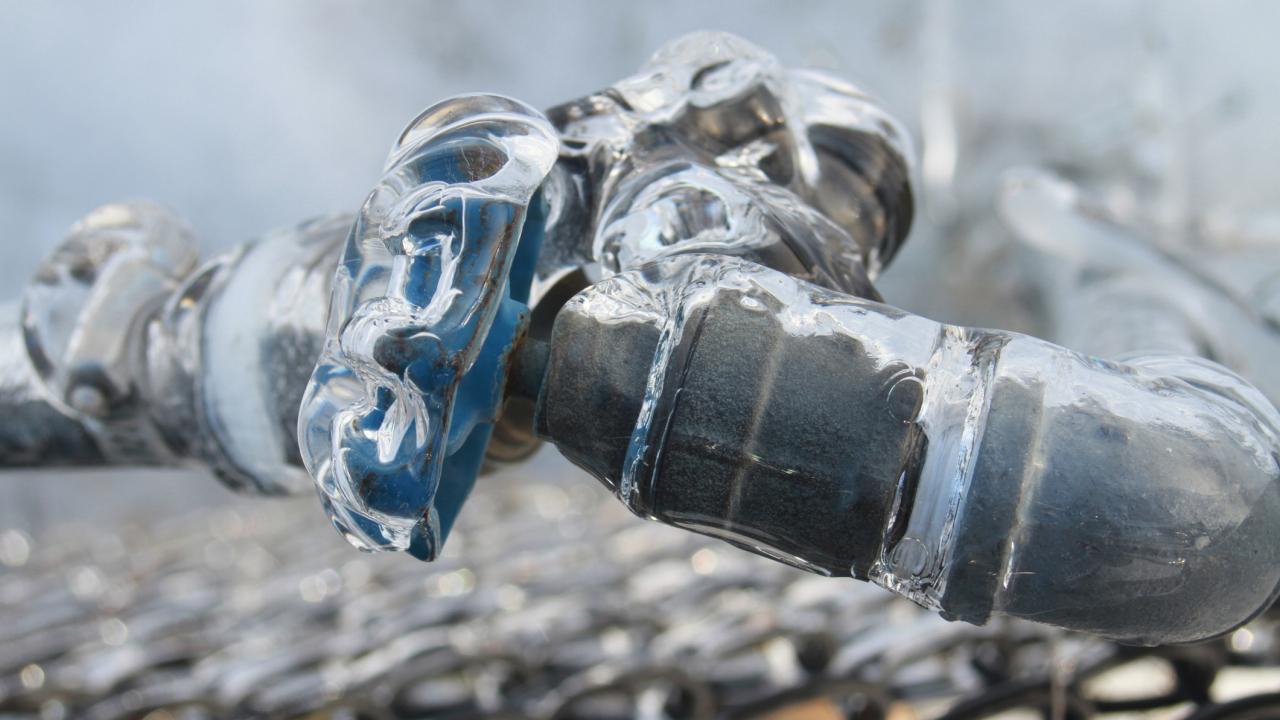Tips for Preventing Frozen Plumbing in Cold Weather: Specialist Tips
Tips for Preventing Frozen Plumbing in Cold Weather: Specialist Tips
Blog Article
How do you really feel when it comes to How To Avoid Freezing Pipes?

Winter can ruin your plumbing, particularly by freezing pipes. Here's how to prevent it from happening and what to do if it does.
Intro
As temperature levels decrease, the risk of icy pipes rises, potentially resulting in costly fixings and water damage. Recognizing just how to stop icy pipelines is essential for homeowners in chilly environments.
Avoidance Tips
Protecting prone pipes
Cover pipes in insulation sleeves or utilize warm tape to secure them from freezing temperatures. Focus on pipes in unheated or outside areas of the home.
Heating methods
Keep indoor spaces sufficiently heated up, specifically areas with plumbing. Open cabinet doors to allow warm air to flow around pipelines under sinks.
Just how to recognize icy pipes
Search for reduced water flow from taps, uncommon odors or noises from pipelines, and noticeable frost on subjected pipelines.
Long-Term Solutions
Architectural modifications
Consider rerouting pipelines away from outside walls or unheated areas. Include additional insulation to attics, basements, and crawl spaces.
Upgrading insulation
Buy top notch insulation for pipes, attics, and wall surfaces. Correct insulation aids preserve constant temperatures and decreases the risk of icy pipelines.
Protecting Outside Pipes
Garden pipes and outside faucets
Separate and drain pipes yard hoses before wintertime. Mount frost-proof faucets or cover exterior taps with insulated caps.
Comprehending Frozen Pipes
What causes pipes to freeze?
Pipes freeze when exposed to temperatures below 32 ° F (0 ° C) for expanded durations. As water inside the pipes ices up, it broadens, taxing the pipe wall surfaces and potentially triggering them to break.
Risks and problems
Icy pipes can cause water system disturbances, building damage, and expensive repair services. Ruptured pipelines can flood homes and trigger considerable architectural damages.
Indicators of Frozen Pipes
Determining icy pipes early can stop them from rupturing.
What to Do If Your Pipes Freeze
Immediate actions to take
If you believe frozen pipes, keep faucets open up to ease stress as the ice thaws. Utilize a hairdryer or towels taken in warm water to thaw pipelines slowly.
Verdict
Avoiding icy pipelines calls for aggressive measures and quick responses. By comprehending the reasons, indicators, and safety nets, homeowners can secure their pipes during winter.
5 Ways to Prevent Frozen Pipes
Drain Outdoor Faucets and Disconnect Hoses
First, close the shut-off valve that controls the flow of water in the pipe to your outdoor faucet. Then, head outside to disconnect and drain your hose and open the outdoor faucet to allow the water to completely drain out of the line. Turn off the faucet when done. Finally, head back to the shut-off valve and drain the remaining water inside the pipe into a bucket or container. Additionally, if you have a home irrigation system, you should consider hiring an expert to clear the system of water each year.
Insulate Pipes
One of the best and most cost-effective methods for preventing frozen water pipes is to wrap your pipes with insulation. This is especially important for areas in your home that aren’t exposed to heat, such as an attic. We suggest using foam sleeves, which can typically be found at your local hardware store.
Keep Heat Running at 65
Your pipes are located inside your walls, and the temperature there is much colder than the rest of the house. To prevent your pipes from freezing, The Insurance Information Institute suggests that you keep your home heated to at least 65 degrees, even when traveling. You may want to invest in smart devices that can keep an eye on the temperature in your home while you’re away.
Leave Water Dripping
Moving water — even a small trickle — can prevent ice from forming inside your pipes. When freezing temps are imminent, start a drip of water from all faucets that serve exposed pipes. Leaving a few faucets running will also help relieve pressure inside the pipes and help prevent a rupture if the water inside freezes.
Open Cupboard Doors
Warm your kitchen and bathroom pipes by opening cupboards and vanities. You should also leave your interior doors ajar to help warm air circulate evenly throughout your home.

I found that blog posting on Winter Plumbing Precautions: Preventing Frozen Pipes while doing a lookup on the web. Appreciated our write-up? Please quickly share it. Let someone else discover it. Thank you for your time spent reading it.
Source This Article Report this page